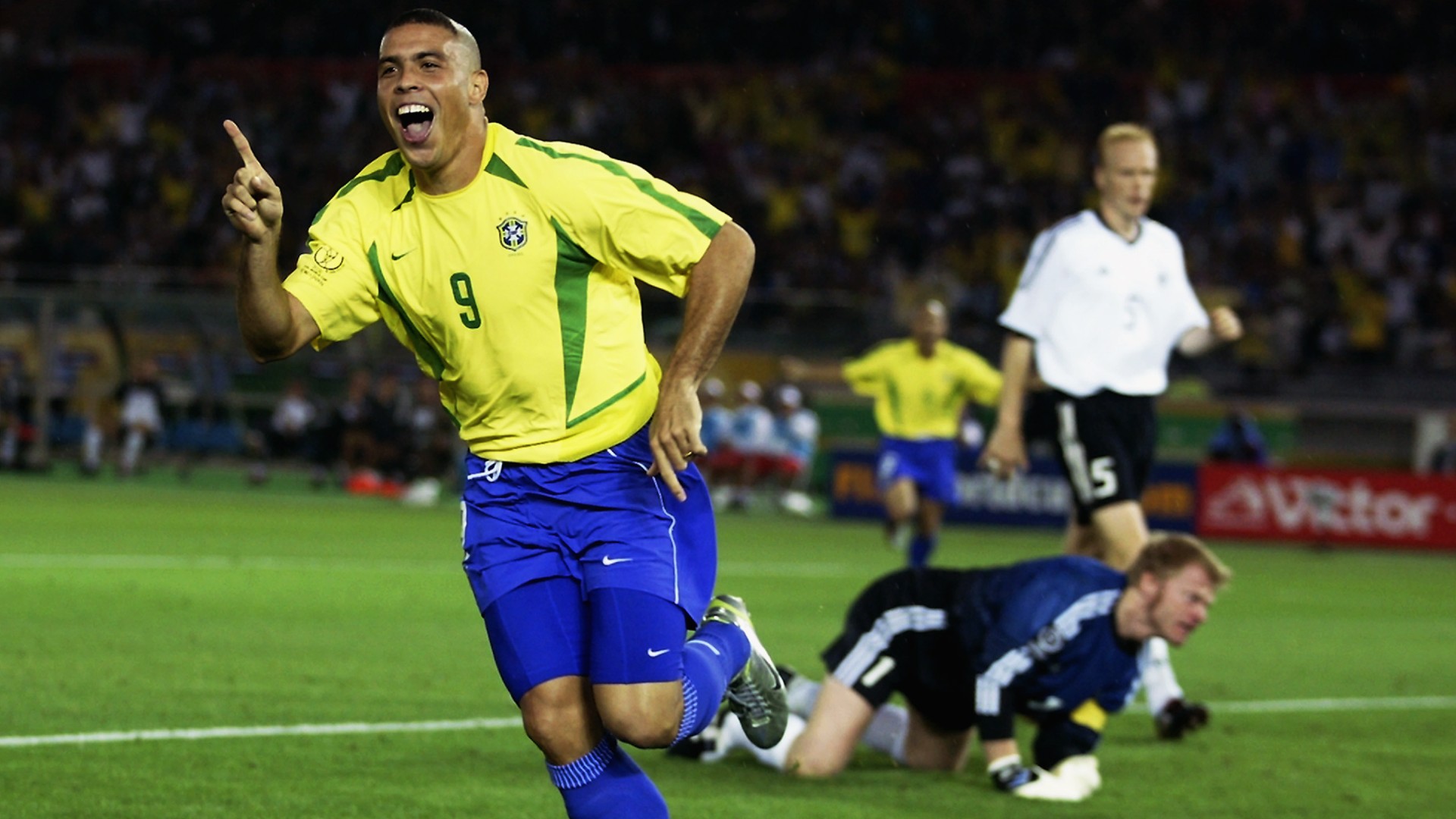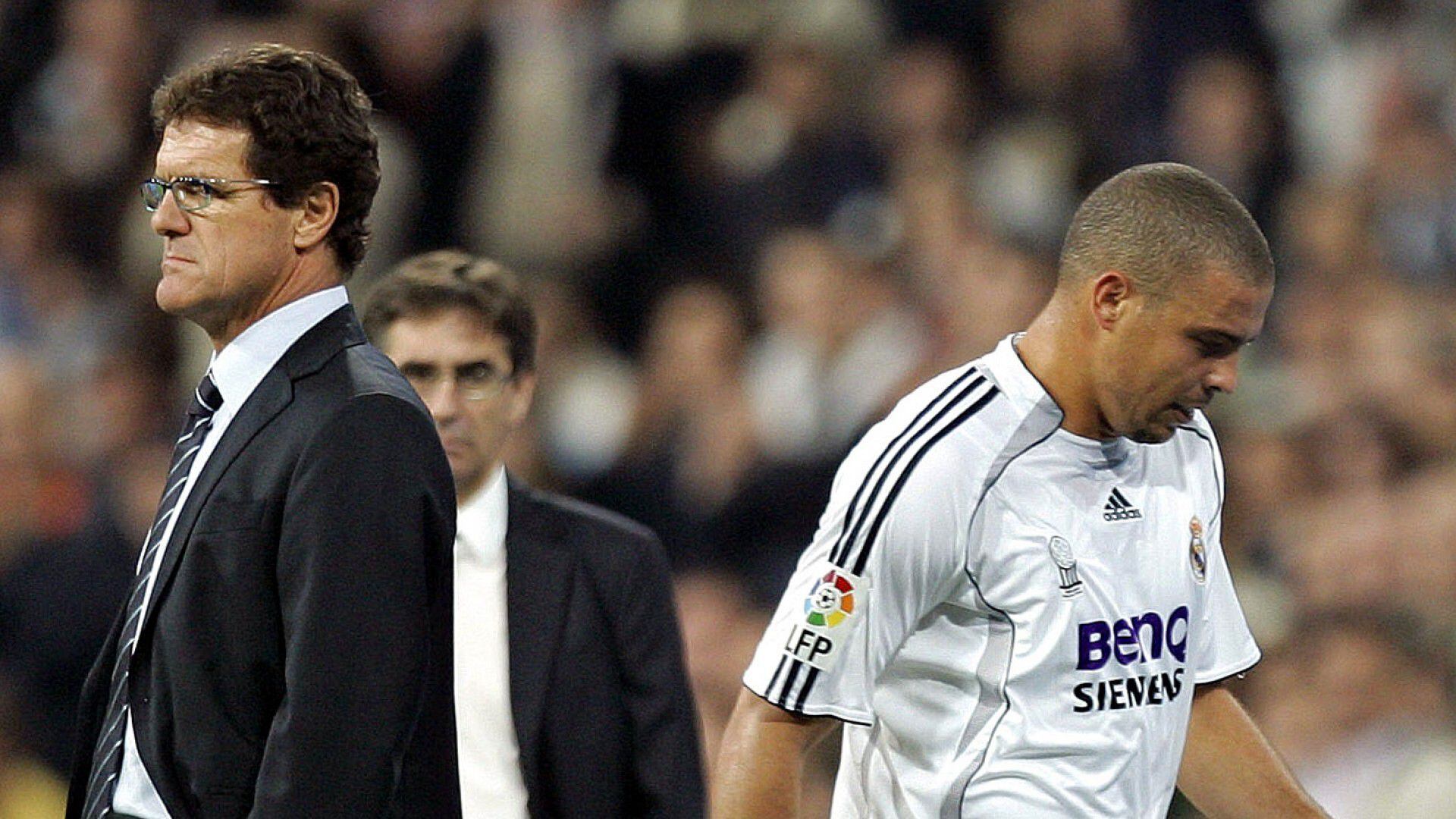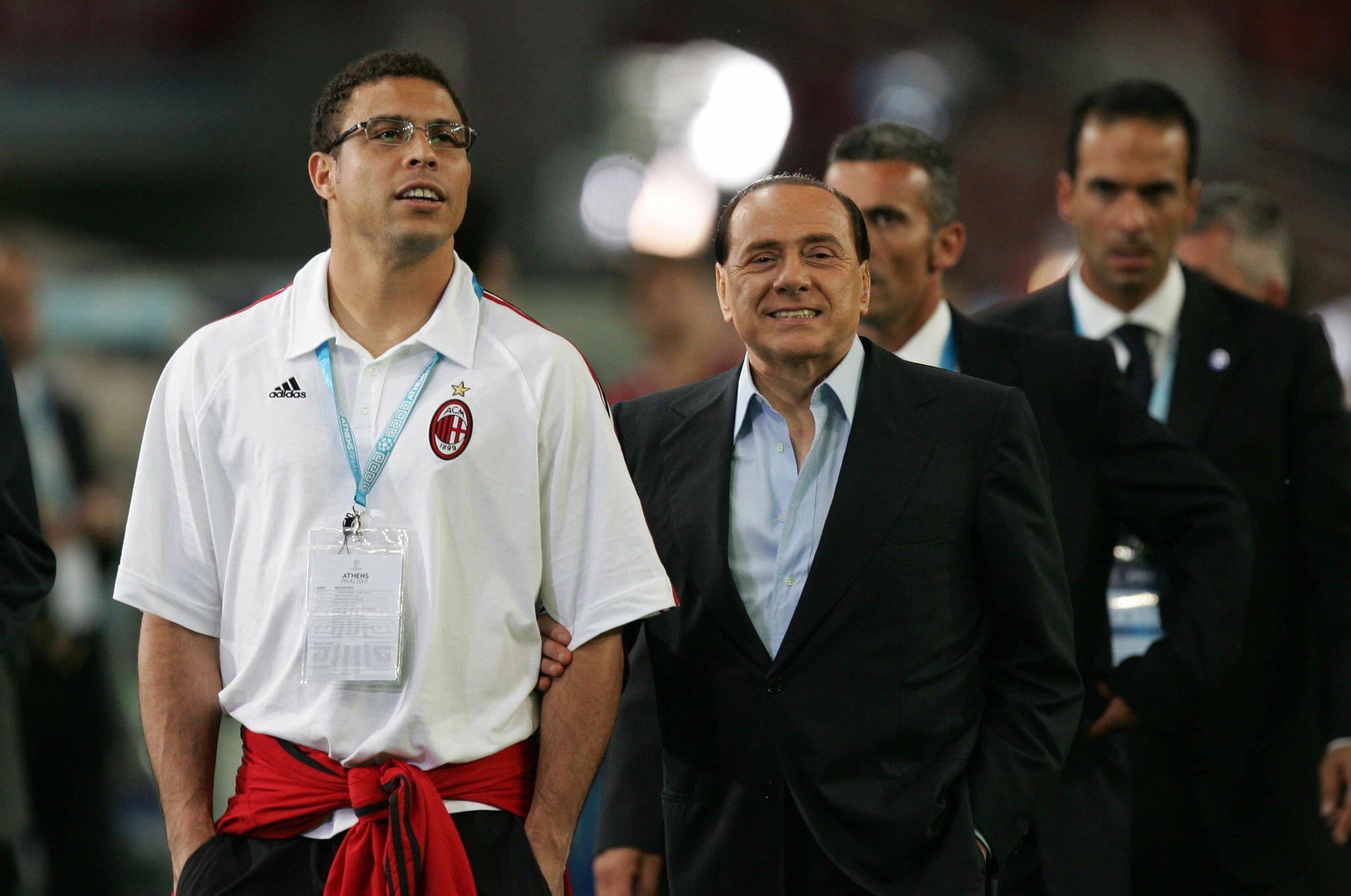Author: Barkha Roy
Real Madrid’s sale of Ronaldo, a three-time FIFA World Player of the Year in 2007, was prompted by coach Fabio Capello’s concern about Ronaldo’s lack of professionalism and his potential to destabilize the team dynamic.
Ronaldo’s arrival in Madrid in 2002 followed his outstanding performance in that summer’s World Cup. This followed three injury-plagued seasons at Inter Milan, during which he made just 24 appearances, missing the entire 2000/01 season.

Even so, Ronaldo was selected to represent Brazil at the World Cup and scored eight crucial goals, leading Brazil to their fifth World Cup victory and earning him the Golden Boot award. He also won his second Ballon d’Or and his third FIFA World Player of the Year award that year.
Ronaldo joined Madrid during the height of the Galacticos era, arriving a summer after Zinedine Zidane and a year before David Beckham, a period explored in the Beckham documentary series on Netflix.

He made a sensational impact, scoring 61 goals in his first two seasons in Spain. Before that, Ronaldo had arguably the best year of his career at Barcelona in 1996/97. He then scored another 24 goals in his third season with Madrid.
However, Ronaldo’s form began to decline in 2005/06 due to injuries and weight gain. At the same time, the Galacticos era was disintegrating, falling short of the success Madrid president Florentino Perez had hoped for.

In 2006, Madrid acquired Ruud van Nistelrooy and reappointed the strict disciplinarian Capello, signaling the end of Ronaldo’s tenure at the club in the January 2007 transfer window.
Capello revealed: “In 2007, I decided to release Ronaldo Nazario. He was someone who enjoyed the nightlife and influenced the team to get involved in social activities.” He cited an incident in which Van Nistelrooy reported the smell of alcohol in the changing room, highlighting the problem. Ronaldo’s weight had also increased significantly to 94 kg that year, compared to 82 kg during the 2002 World Cup in Korea.

Ronaldo subsequently signed for AC Milan, where he ended his European career a year later after another significant knee injury. Capello even tried to advise his former club, where he spent most of the 1990s as coach, not to sign Ronaldo.
“Silvio Berlusconi called me one day to ask for advice on possibly signing Ronaldo. I warned him against this, mentioning Ronaldo’s penchant for nightlife and his focus on being surrounded by women” Capello recalled.
Berlusconi acknowledged the advice, but signed Ronaldo for Milan the next day, disregarding Capello’s warning.


